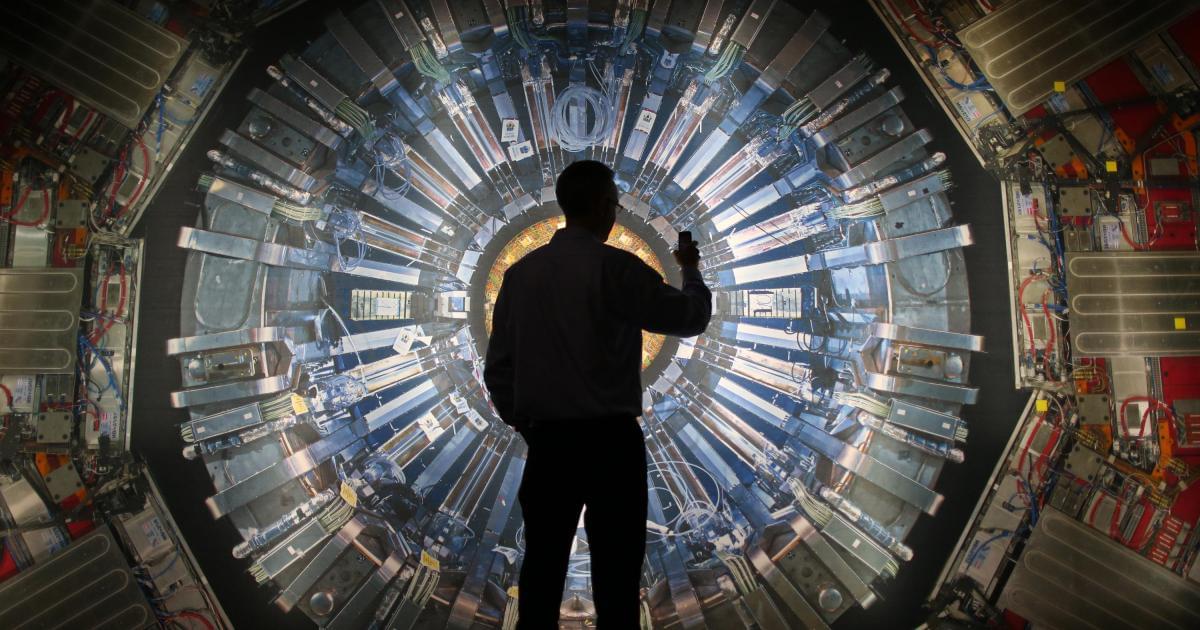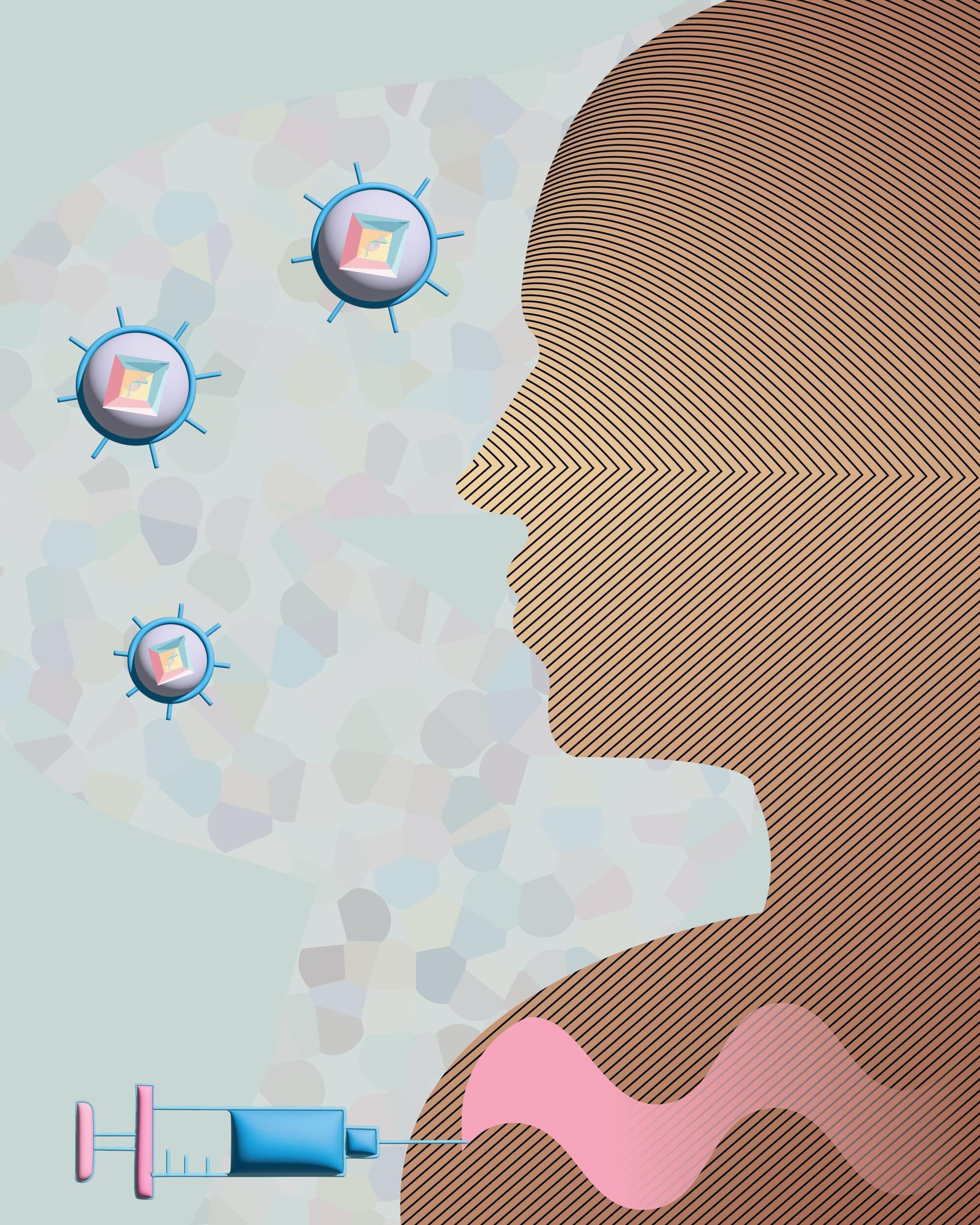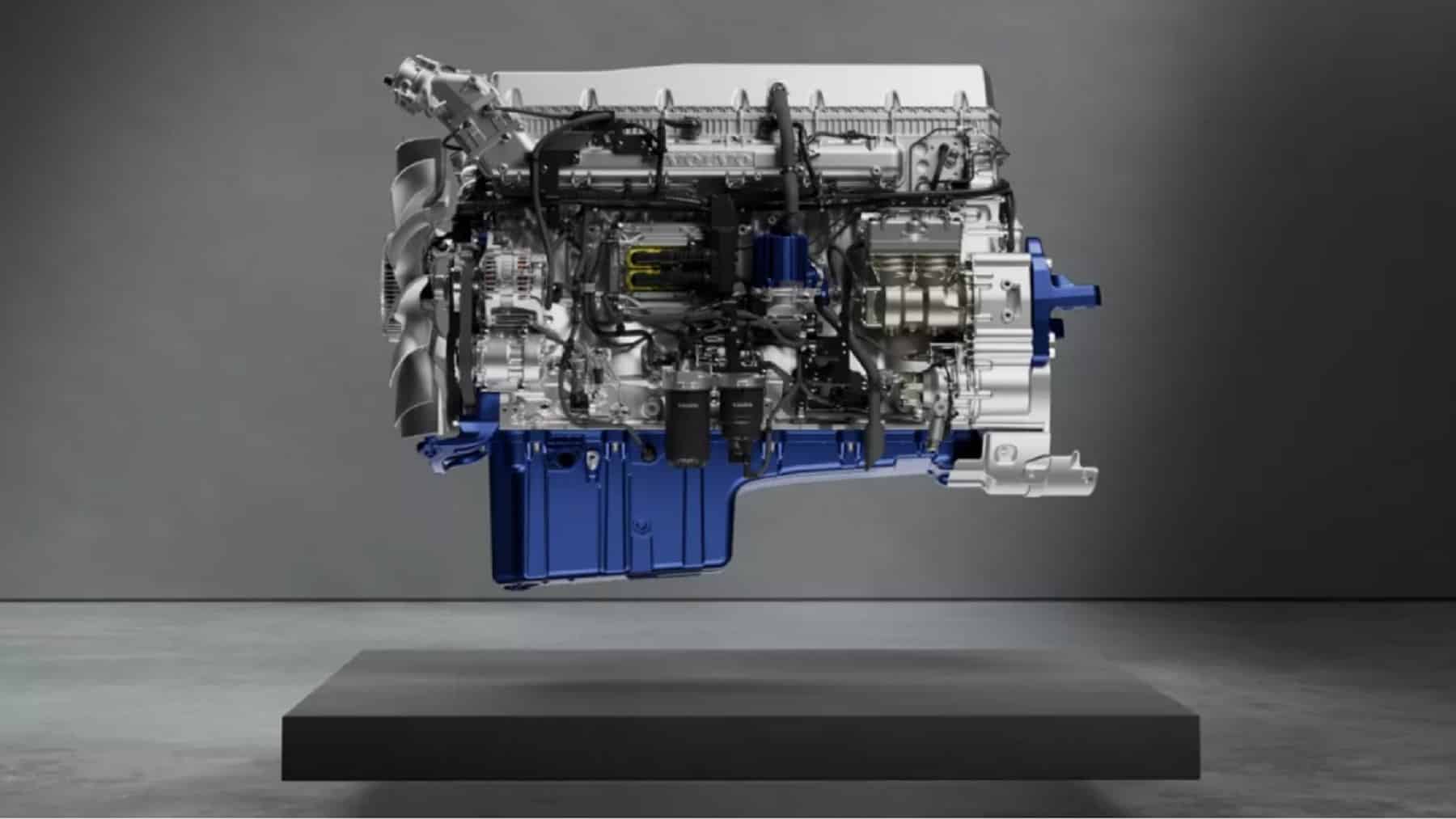James Kinross, a colon cancer surgeon, believes that changes in the gut microbiome are likely contributing to rising rates of the disease in young people.



Quantum computers have the potential to solve certain problems far more efficiently than classical computers. In a recent development, researchers have designed a quantum algorithm to simulate systems of coupled masses and springs, known as coupled oscillators. These systems are fundamental in modeling a wide range of physical phenomena, from molecules to mechanical structures like bridges.
To simulate these systems, the researchers first translated the behavior of the coupled oscillators into a form of the Schrödinger equation, which describes how the quantum state of a system evolves over time. They then used advanced Hamiltonian simulation techniques to model the system on a quantum computer.
Hamiltonian methods provide a framework for understanding how physical systems evolve, connecting principles of classical mechanics with those of quantum mechanics. By leveraging these techniques, the researchers were able to represent the dynamics of N coupled oscillators using only about log(N) quantum bits (qubits), a significant reduction compared to the resources required by classical simulations.

Nietzsche’s intuition about time’s nature likely emerged from his engagement with contemporary scientific thought, particularly the work of Johann Friedrich Herbart and Roger Joseph Boscovich, whose atomistic theories influenced Nietzsche’s conception of force and matter (Small, 2001). Additionally, Nietzsche’s reading of Heinrich Czolbe and Otto Caspari exposed him to cyclical cosmological theories that were precursors to modern conceptions of cosmological cycles.
More compelling than these historical influences, however, is the philosophical insight Nietzsche demonstrated in recognizing that a truly eternal cosmos with finite configurations must contain repetition. This insight, while not formulated in the mathematical language of relativity, nevertheless grasped a fundamental consequence of infinite time and finite states — one that would later be encoded in physical theory.
The convergence between Nietzsche’s eternal recurrence and modern physics becomes even more significant when we recognize similar conceptions in numerous cultural and religious traditions. This suggests a perennial human intuition about time’s nature that transcends historical and cultural boundaries.



Modern science has done astounding things: sending probes to Pluto, discerning the nature of light, vaccinating the globe. Its power to plumb the world’s inner workings, many scientists and philosophers of science would say, hinges on its exacting attention to empirical evidence. The ethos guiding scientific inquiry might be formulated so: “Credit must be given to theories only if what they affirm agrees with the observed facts.”
Featured Videos.
Those are the words of the Greek philosopher Aristotle, writing in the fourth century BCE. Why, then, was it only during the Scientific Revolution of the 17th century, two thousand years later, that science came into its own? Why wasn’t it Aristotle who invented modern science?

An unusual public health policy in Wales may have produced the strongest evidence yet that a vaccine can reduce the risk of dementia. In a new study led by Stanford Medicine, researchers analyzing the health records of Welsh older adults discovered that those who received the shingles vaccine were 20% less likely to develop dementia over the next seven years than those who did not receive the vaccine.
The remarkable findings, published in Nature, support an emerging theory that viruses that affect the nervous system can increase the risk of dementia. If further confirmed, the new findings suggest that a preventive intervention for dementia is already close at hand.

The classic definitions of bundle branch and fascicular block have been established without consideration if conduction block is complete or incomplete (conduction delay). Current electrocardiographic (ECG) definitions cannot distinguish pronounced conduction delay (first-degree block) from complete conduction block. We are presenting here 2 cases of first-degree left bundle branch block (LBBB) that may be relevant when interpreting findings and observations during conduction system pacing.


An often-spouted complaint about public infrastructure projects is how long they take to complete. California High-Speed Rail, a perennial punching bag, is slated to get its initial operating segment running by 2031 at the earliest. A recent project in Japan flipped that notion on its head. The West Japan Railway Company, also known as JR West, replaced an entire station with 3D-printed prefabricated pieces in under three hours last week. The company also claims the construction costs were half that of reinforced concrete.
JR West used this new construction method to replace Hatsushima Station, a small wooden station built in 1949 and served less than 400 passengers per day. The company waited for an overnight lull in the schedule, then quickly sent its workers into action. The new station was pieced together with four hallow 3D-printed mortar pieces, according to the Japan Times. At the work site, the pieces were filled with rebar and concrete to provide the same earthquake resistance as traditionally built stations. Despite the blazing fast construction time, JR West aims to open the new station in July.